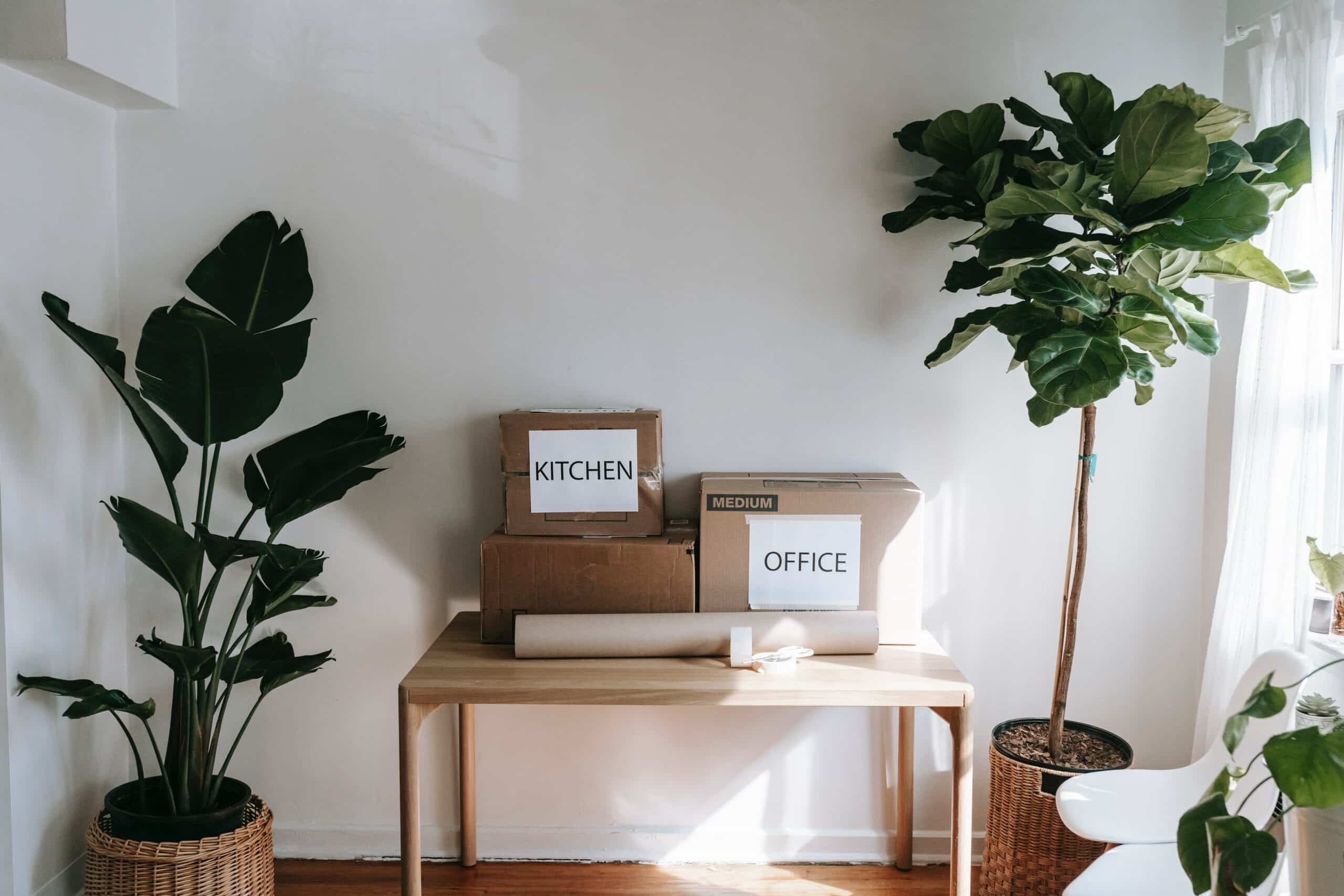In a world that constantly bombards us with possessions and material goods, the emotional weight of parting with items we no longer want or need can be overwhelming. This burden often stems from feelings of guilt, a sense of responsibility as caretakers of these possessions, and the belief that these objects are somehow an extension of the people who gave them to us.
Gifts, for instance, often come laden with the best intentions, love, and thoughtfulness of the giver. Yet, what happens when the gift no longer serves a purpose in our lives? It’s as if we’re caught in a tug-of-war between our gratitude for the gesture and the desire to declutter and simplify our lives. The guilt of contemplating letting go can be paralyzing.
Similarly, there are items we inherit or acquire from loved ones who have passed away. These possessions carry a piece of their memory and history, making it even more challenging to part with them. We feel a sense of duty to preserve these items, fearing that letting go would be equivalent to erasing a part of the person’s legacy.
Yet, it’s essential to recognize that we are not betraying the memories or intentions of the gift-givers or loved ones by decluttering our lives. We must remember that the true essence of a gift lies not in the physical object but in the love, connection, and thoughtfulness it represents. Cherishing a memory or relationship doesn’t always require holding onto the tangible reminders.
To alleviate the guilt associated with parting with items, consider the following:
1. Express Gratitude: Acknowledge the thought and love that went into the gifts or the history behind inherited possessions. Express gratitude for the meaningful moments they represent.
2. Release the Attachment: Understand that the value of a relationship or memory isn’t diminished by letting go of material possessions associated with it. Release the emotional attachment to the item, not the sentiment itself.
3. Donate or Repurpose: Consider donating unwanted items to those in need or repurposing them in a way that aligns with your current lifestyle and values. This way, you can honour the intention behind the gift or the history of the possession.
4. Create Space for Joy: Embrace minimalism and declutter your life to create space for the things that truly bring you joy and fulfillment. Letting go of unnecessary items can be liberating and allow room for new experiences.
5. Communicate Honestly: When it comes to gifts, be honest with your loved ones. Explain that while you appreciate their thoughtfulness, your needs or tastes may have changed, and you’d prefer other forms of connection or appreciation.
Remember, you are not defined by the possessions you own or keep. Your worth isn’t tied to the guilt you may feel about parting with items. Instead, focus on nurturing the relationships, memories, and experiences that truly enrich your life. In doing so, you’ll find a lighter heart and a more meaningful connection with the world around you.
If you need any help, we are just a phone call away!

